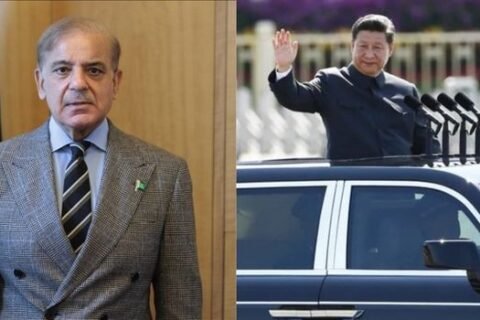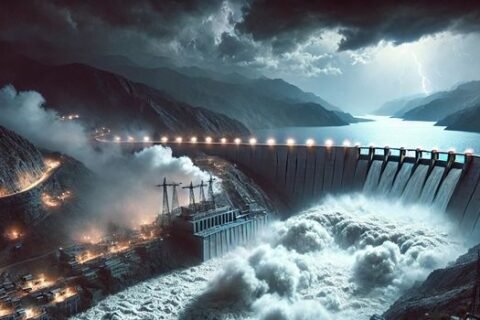In a sigh of relief for the inflation hit citizens, petrol prices in Pakistan likely to register another drop in Pakistan.
According to source, the petrol prices will witness a drop of Rs 0.61 per litre where the prices of high speed diesel will decrease by Rs 3.13 per litre.
On the other hand, kerosene and light diesel likely to register a drop of Rs 1.57 per litre and Rs 2.61 respectively.
On August 15, petrol prices in Pakistan were revised for the fortnight. The Finance Ministry said high speed diesel reduced by Rs12.84 per litre to Rs272.99, while petrol remains unchanged at Rs264.61 per litre.
Petroleum prices update: kerosene and light diesel also reduced. Kerosene was down Rs7.19 to Rs178.27 per litre. Light diesel oil fell Rs8.20 to Rs162.37 per litre.
The new rates took effect immediately nationwide. The ministry said the adjustment reflects recent cost movements. Petrol is held steady to keep pump bills stable for motorists.
As the fuel prices keep on droping and rising in Pakistan, Prime Minister (PM) Shehbaz Sharif unveiled Pakistan’s New Energy Vehicle Policy 2025-2030, to promote environment and cost-effective transportation in the country.
According to details, the policy envisages cutting carbon emissions, saving billions of rupees in foreign exchange, driving innovation and empowering youth to lead Pakistan into a new green era.
Addressing the launching ceremony, the Prime Minister said Pakistan is one of the most vulnerable countries in terms of climate change despite the fact that it has little to no contribution in the phenomenon.
He said Pakistan is facing climate induced natural disasters like flash floods, cloudbursts and Glacial Lake Outburst Floods. He said with every passing year, the intensity of these disasters is increasing causing more loss of life and property.
PM Shehbaz said no country can single handedly tackle this mounting challenge. He urged the developed countries particularly the western world to contribute in alleviating the miseries wreaked by climate induced calamities and help the vulnerable countries in building climate resilient infrastructure.





